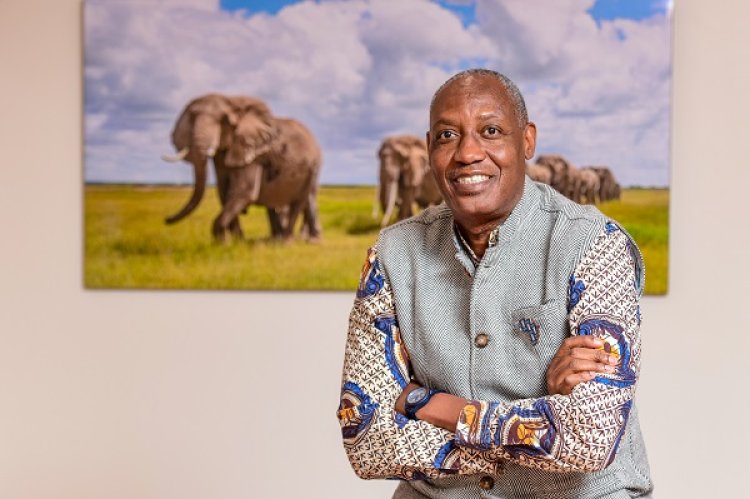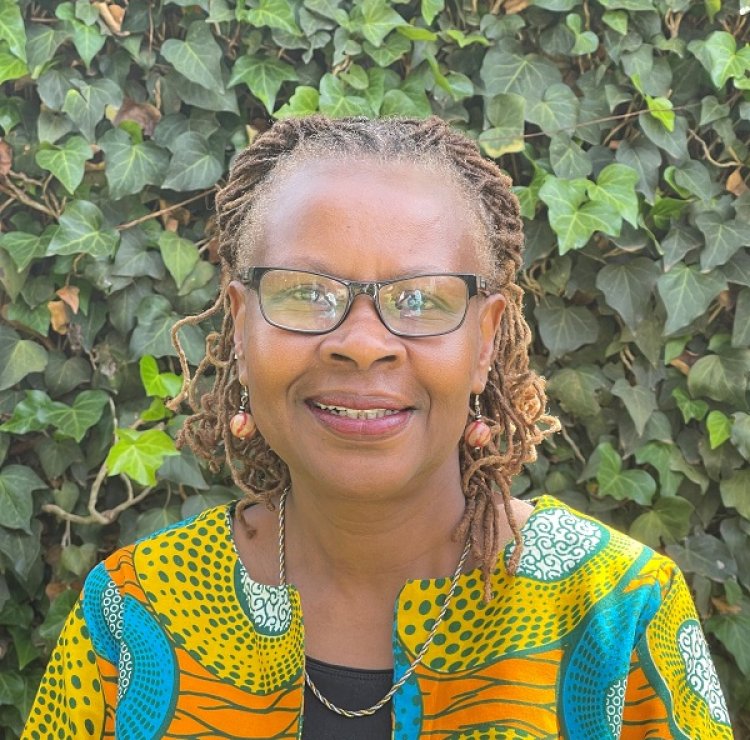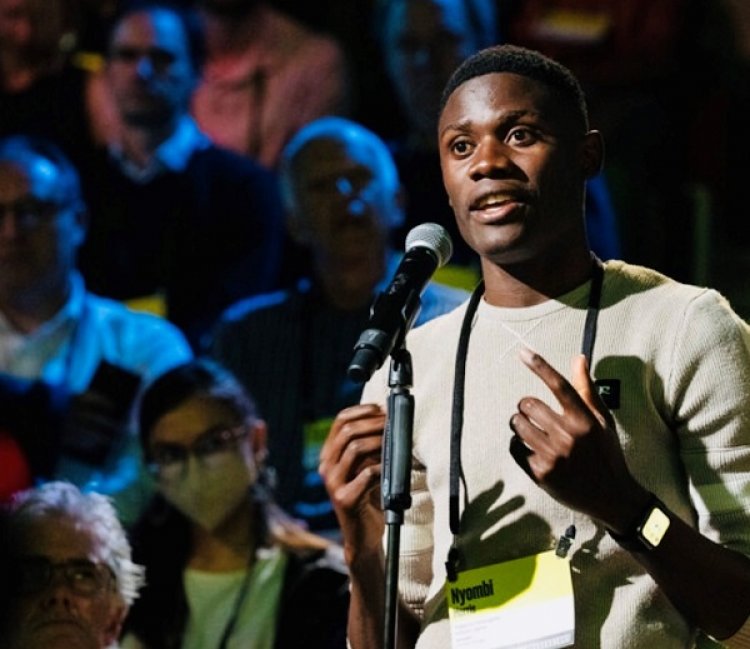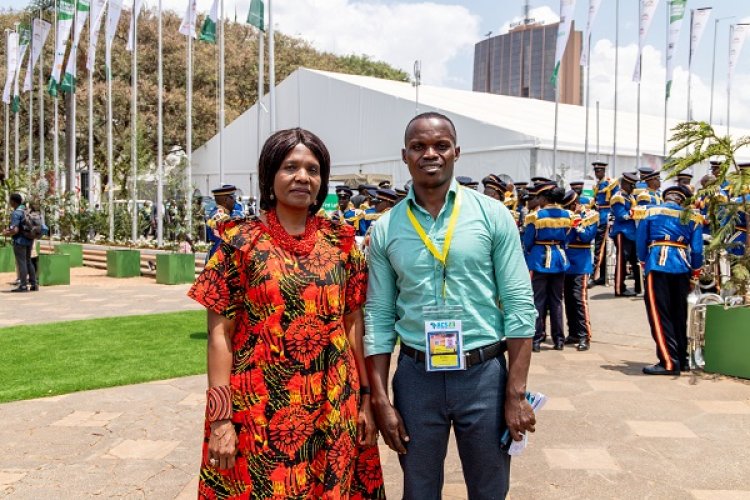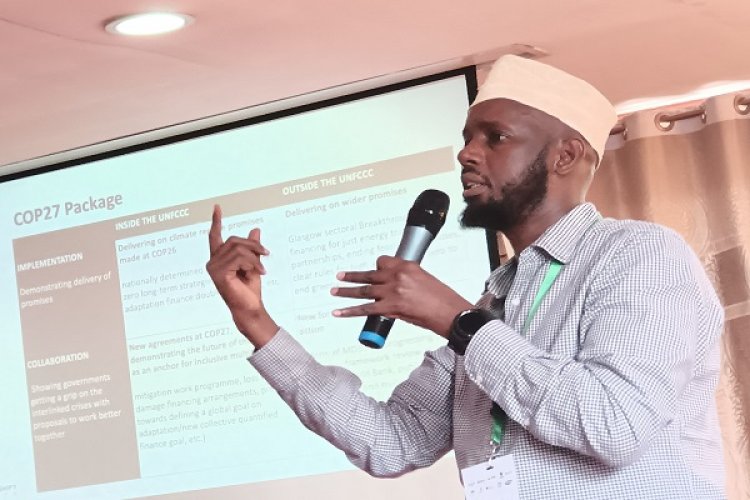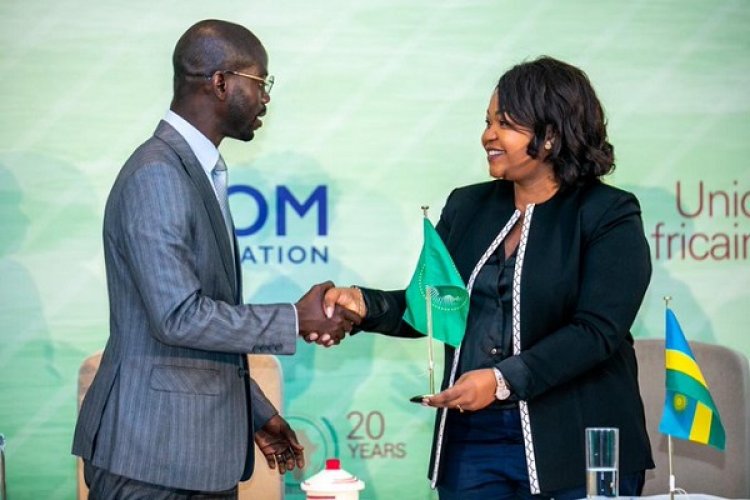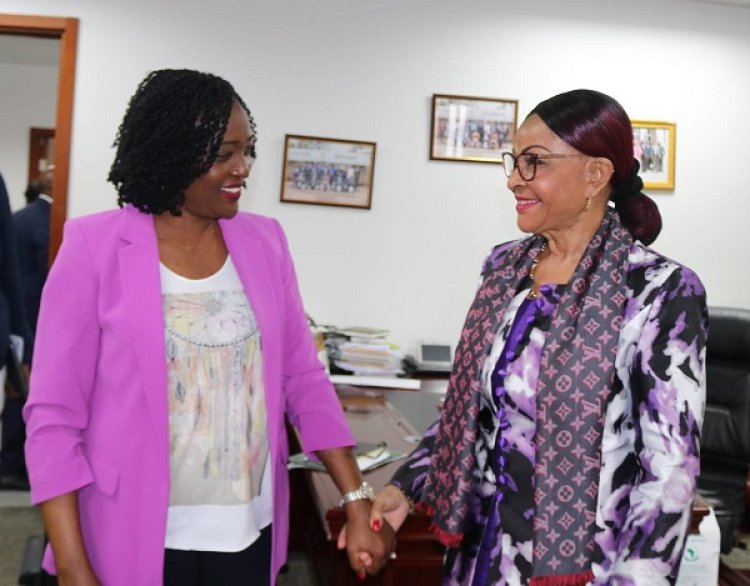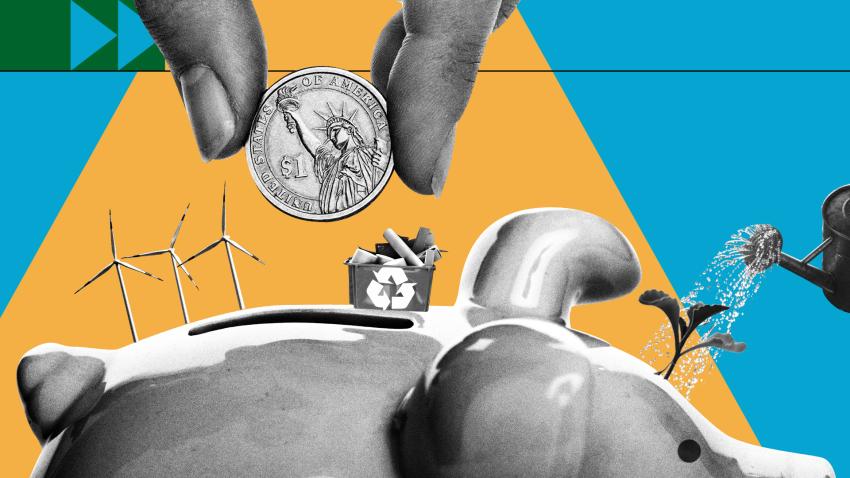As our continent faces the unprecedented challenges of a changing climate, the moment’s urgency cannot be overstated. From droughts to floods, our communities are on the frontlines of a crisis threatening our environment, economies, cultures, and way of life.
The African Climate Summit scheduled for September 2023 in Nairobi, Kenya, provides a critical opportunity for us to rise above adversity and forge a path towards a sustainable and equitable future.
Africa’s landscapes are as diverse as its people, and we must harness this diversity as a strength in the face of climate change. Our continent’s commitment to climate justice goes hand in hand with its resolve to protect the rights of the most vulnerable among us.
Rural communities, women, children, persons with disabilities, and marginalized communities disproportionately bear the brunt of climate impacts. Addressing the climate crisis hinges on fostering resilience within communities while ensuring that funding translates into actionable initiatives.
We must stop chasing the western world economic models. There must be an African economic development model that supports our economic aspirations but not at the expense of wildlife and wild lands.
Additionally, the global north must embrace adaptation measures that mirror its significant role in climate change, thus fostering equitable progress towards a sustainable future.
Also read: ‘Extremely untrue’, Officials deny Africa climate summit agenda hijack claims
At the heart of this summit lies the call for an equitable transition to renewable energy. This is not just an environmental necessity but also an economic opportunity to harness the potential of Africa’s abundant renewable resources.
By embracing energy solutions that are inclusive and community-owned, we can not only reduce greenhouse gas emissions but also uplift our people out of energy poverty.
However, our pursuit of a sustainable future must be rooted in accountability.
Developed countries bear historical responsibility for the climate crisis and must fulfil their obligations to support Africa’s adaptation and mitigation efforts. We must emphasize the Common but Differentiated Responsibilities principle to ensure that global climate action is fair and just.
Equally so, Africa must account to the right policies, regulations, and responsible decisions on our economic future. We must stop chasing the western world economic models. There must be an African economic development model that supports our economic aspirations but not at the expense of wildlife and wild lands.
As we delve into these pivotal dialogues, it’s crucial to empower every community to define their own path to resilience. Balancing rights with opportunity is key, especially in the global north, where emphasis on rights is paramount. Our responsibility is not just to hear, but to act, ensuring every voice shapes the future they are an integral part of.
Also read: Post APAC: Eyes now on African govts to prioritise conservation in spending
The Africa Climate Summit is more than just a conference; it is a focal moment for our continent. We have the chance to raise the urgency of addressing the climate crisis and set a course for a low-carbon, climate-resilient, and inclusive future.
Let us unite and forge a path that empowers Africa to lead the way in addressing the global climate emergency.
Also read: Big salaries, posh offices and cars eating up funding for conservation in Africa
The time for action is now, and our commitment to climate justice will define the legacy we leave for generations to come. Together, we can rise above challenges, seize opportunities, and chart a course toward a resilient Africa that thrives in harmony with nature. Let us seize this moment and turn it into a legacy of courage, compassion, and hope.
~ The author is the CEO of the African Wildlife Foundation, a leading conservation organization that ensures wildlife and wild lands thrive in modern Africa. He passionately advocates for the intersection of conservation, community development, and climate resilience.

